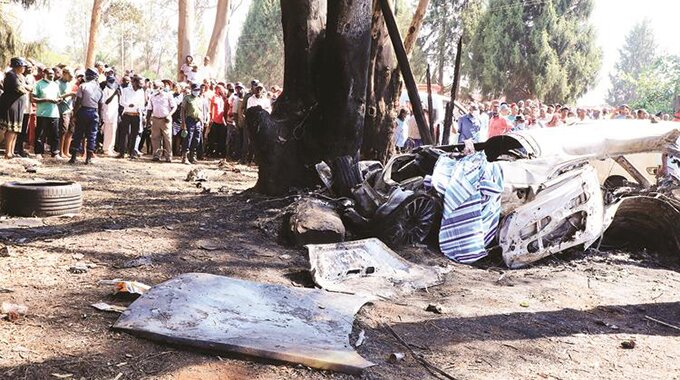Desmond Nleya Bulawayo Bureau
THE African Development Bank (AfDB) has approved a US$685 000 grant to help Zimbabwe manage natural disasters such as droughts, floods and tropical cyclones.
In a statement last Friday, the bank said the grant will cover training for national agencies involved in disaster risk management and finance contingency planning.
“The Board of the African Development Fund (ADF) on Wednesday approved a US$685 000 grant to strengthen Zimbabwe’s capacity to manage disaster risks, through the bank’s Africa Disaster Risk Financing (ADRiFi) programme.
“The grant will cover training for various national agencies involved in disaster risk management and financing and contingency planning as part of the Africa Disaster Risk Financing (ADRiFi) project designed to enhance the response of regional member countries to climate disasters and promote innovative disaster risk finance instruments such as disaster risk insurance”, the bank said in a statement.
“It will also benefit populations at risk of exposure to extreme drought events, particularly smallholder farmers and vulnerable rural communities. ADF is the concessionary lending arm of the African Development Bank Group. In collaboration with the bank, the African Risk Capacity, a specialised agency of the African Union, will provide in kind contribution for trainings estimated at around US$320 000. The project will run for two years starting March 2020.”
Advertisement
The bank said extreme weather conditions had affected agricultural production and disrupted livelihoods in rural Zimbabwe.
“Coupled with harsh economic challenges, these extreme weather events increase household vulnerability, food insecurity, chronic poverty and malnutrition,” added the statement.
“The project demonstrates the bank’s continued support to the country while the Government is working to reform the economy. The bank is committed to leveraging support from other partners to successfully implement the project,” it said.
– HERALD








